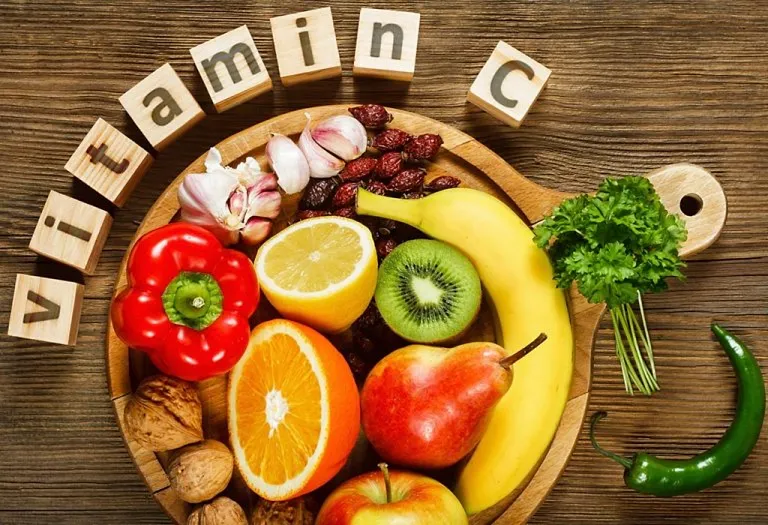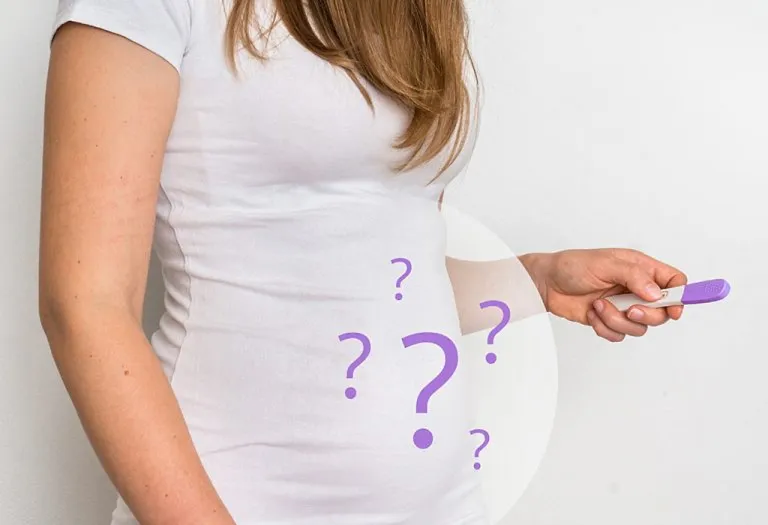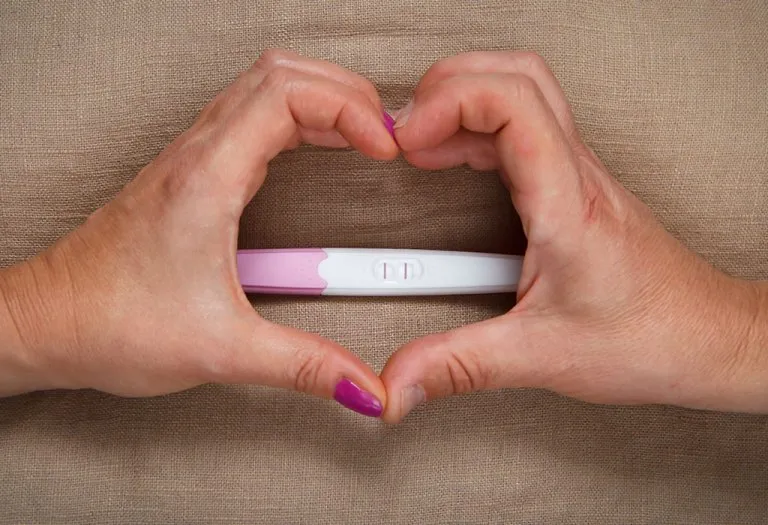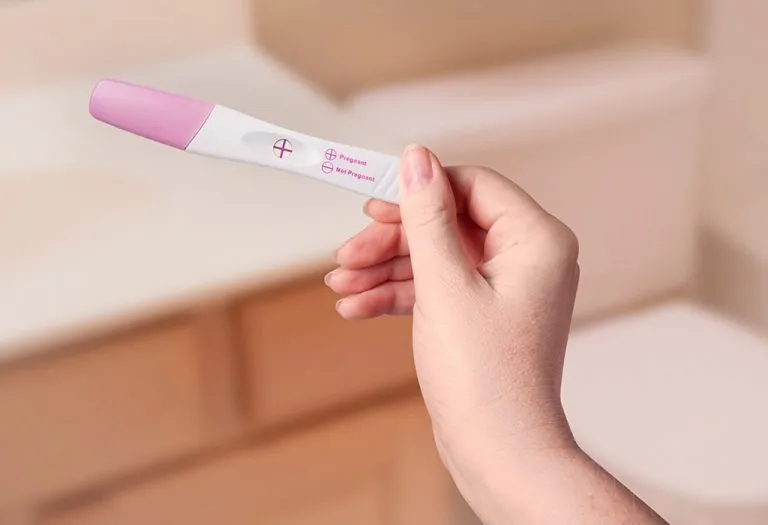Can Vitamin C Prevent Pregnancy?
- Does Vitamin C Help Prevent Pregnancy?
- How Much Vitamin C Do You Need to Prevent Pregnancy?
- Overdose of Vitamin C
- How Is Vitamin C Used to Prevent Pregnancy?
- Other Options of Abortion or Preventing Pregnancy
A married couple, who is not looking to start a family soon enough, is likely to look for options to prevent the chances of pregnancy. There are ample options available to a couple for birth control, ranging from barrier methods to IUDs. But if a couple doesn’t want to use the methods of contraception and is looking for natural ways, they may have come across the Vitamin C technique in order to prevent pregnancy. Vitamin C is known to act as a natural contraceptive, but does it really work and is it a safe method of contraception? Let’s find out!
Does Vitamin C Help Prevent Pregnancy?
Vitamin C is believed to prevent pregnancy but there’s no evidence to confirm the same. Vitamin C contains ascorbic acid. Consuming it in more than the required amounts is believed to hamper progesterone levels, an essential hormone required to carry the pregnancy to the term. This hampering leads to the uterus being unable to support conception – progesterone helps prepare the uterus for the implantation of the egg, and the lack of progesterone can prevent implantation and hence, conception.
However, there is no reliable scientific information to confirm that Vitamin C intake can prevent pregnancy or terminate the chances of pregnancy. Furthermore, too much Vitamin C consumption can cause diarrhoea and stomach ache.
How Much Vitamin C Do You Need to Prevent Pregnancy?
The RDA (recommended daily allowance) of vitamin C for pregnant women aged 14 to 18 years is 80 mg per day and 85 mg per day for pregnant women 19 years and above.
However, the upper consumption limit of vitamin C in pregnant women is 2000 mg per day. If taken above the limit of 2000 mg per day, it is believed that vitamin C can prevent pregnancy. However, it is important to note that there is no scientific evidence to confirm this claim, and that is why it is highly advised to consult the OB-GYN for preventing pregnancy.
Overdose of Vitamin C
Vitamin C is good for health and is often recommended to pregnant women (in limited doses) to support a healthy pregnancy. But what happens when it is consumed in high amounts? It may prevent pregnancy, but it should not be a couple’s go-to option, as there is no scientific study to back that Vitamin C acts as a natural contraceptive. But can it lead to a miscarriage if consumed in excess? Read on to find out!
Can an Overdose of Vitamin C Cause a Miscarriage?
Pregnant women must be extremely careful with their vitamin C intake because a high dosage can lead to a hostile environment for the fertilised egg in the uterus. It may loosen the grip of the egg, and the egg may not be able to attach itself to the uterine lining, causing a miscarriage. The acidity present in vitamin C fiddles with estrogen levels in the body, which affect the sex hormones in the body. So the answer is yes, it can lead to a miscarriage. But there are other possible complications that may arise because of the consumption of excess Vitamin C.
Other Impacts
Vitamin C can have other impacts on a woman’s body. For instance, if you take vitamin C, your menstrual cycle may arrive earlier than expected. The cycle in most women goes from 28 to 30 days – increased amounts of vitamin C in your body can reduce the levels of progesterone and increase the levels of estrogen, causing the uterus to relax and begin menstruation.
Overconsumption of vitamin C greater than 3000 mg daily may have an adverse impact on the health of an individual, including diarrhoea, increased iron absorption, increased risk of kidney stones in people with existing kidney disease or history of stones, increased levels of uric acid (a risk factor for gout), etc.
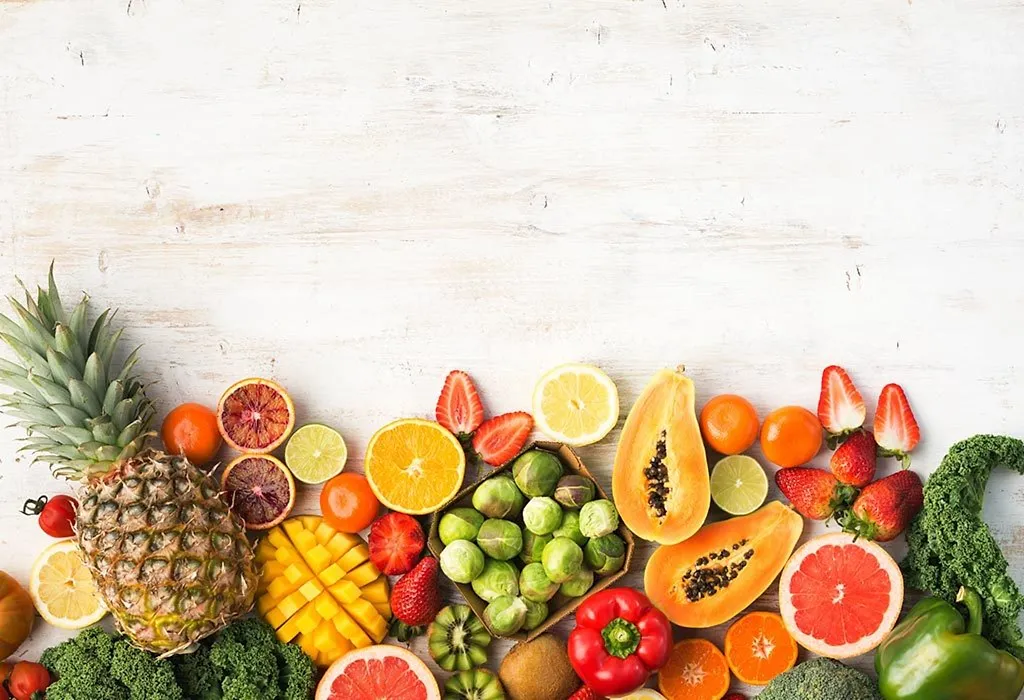
How Is Vitamin C Used to Prevent Pregnancy?
Here are some most common ways in which Vitamin C is used to prevent pregnancy.
1. Vitamin C is present in lemons in high amounts. Including lemons in the diet in the form of juice or anything else is known to prevent pregnancy. However, consuming lemon juice in high amounts during pregnancy can lead to a miscarriage.
2. Vitamin C is also taken in the form of emergency contraceptive pills. Pills are also ingested to prevent conception. However, the pills taken should be pure Vitamin C pills and not with additives.
4. Eating fruits rich in Vitamin C, such as papaya, pineapple, sugarcane, and oranges, is another way to prevent unplanned pregnancy.
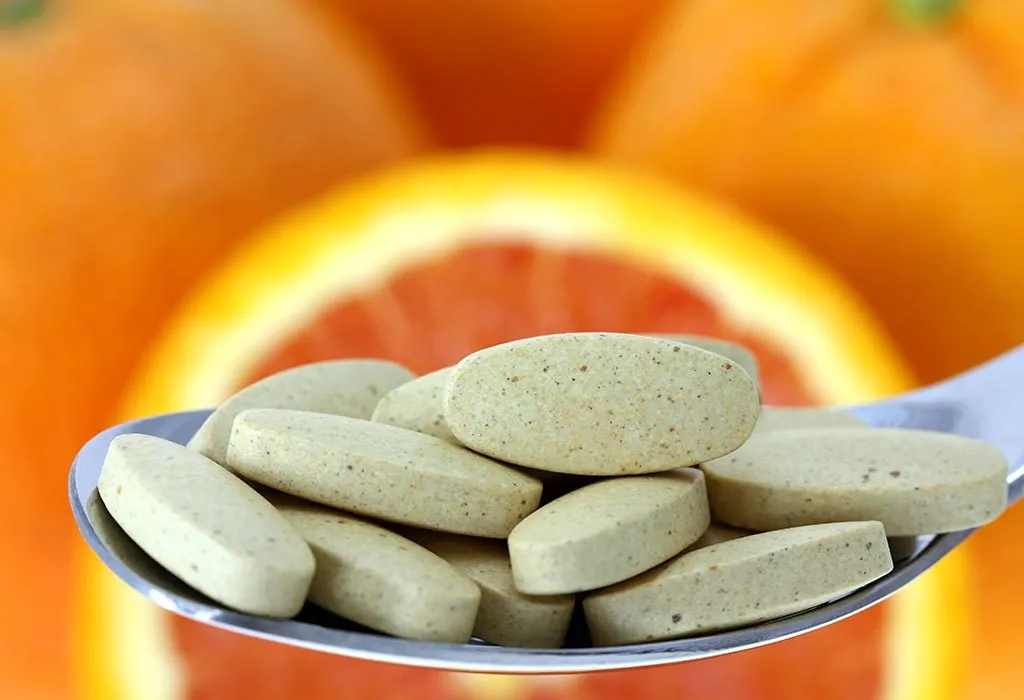
Other Options of Abortion or Preventing Pregnancy
Since the successful use of vitamin C to prevent pregnancy has no scientific evidence, there are other medical options you can choose to abort or prevent your pregnancy. This includes:
- Medical abortion
- Surgical abortion
Medical abortion includes the administration of abortion pills, taken in a specific order for them to be effective. Surgical abortion, on the other hand, involves the use of medical instruments to empty the uterus using different procedures, like vacuum aspiration method and dilation and evacuation method.
For couples who are not looking to get pregnant or trying to terminate an unplanned or unwanted pregnancy, there are enough and more contraceptive options available to them. While the use of vitamin C to stop pregnancy is one of the natural ways to prevent and terminate a pregnancy, there are no studies to confirm the same.
In order to prevent pregnancy, there are safer medical options available, that a couple can resort to. Vitamin C intake can lead to heartburn, bloating, cramping, diarrhoea, etc., so it should not be taken over the counter (OTC). Speak to your gynaecologist for alternative options and stay safe!
Disclaimer: The information given in this article is not intended or implied to be a substitute for professional medical advice, diagnosis, or treatment. There’s no study that proves that Vitamin C helps prevent pregnancy, so it is best avoided. We urge readers to seek the advice of a physician with regard to methods to prevent pregnancy.
References/Resources:
1. Vitamin C; MotherToBaby; https://mothertobaby.org/fact-sheets/vitamin-c/
2. Vitamin C; Harvard T.H. Chan; https://www.hsph.harvard.edu/nutritionsource/vitamin-c/
3. Vitamin C; Dietary Reference Intakes for Vitamin C, Vitamin E, Selenium, and Carotenoids.; Institute of Medicine (US) Panel on Dietary Antioxidants and Related Compounds; National Academies Press (US); https://www.ncbi.nlm.nih.gov/books/NBK225480/; 2000
4. 7.3I: Vitamin C (Ascorbic acid); LibreTexts libraries; https://med.libretexts.org/Courses/Sacramento_City_College/SCC%3A_Nutri_300_(Coppola)/Text/07%3A_Vitamins/7.3%3A_Water_Soluble_Vitamins/7.3I%3A_Vitamin_C_(Ascorbic_acid)
5. Abdullah. M, Jamil. R.T, Attia. F.N; Vitamin C (Ascorbic Acid); StatPearls Publishing; NCBI; https://www.ncbi.nlm.nih.gov/books/NBK499877/; January 2023
Also Read:
How to Avoid Pregnancy: Methods & Home Remedies
How to Calculate Safe Period to Avoid Pregnancy?
Can Antibiotics Stop You from Getting Pregnant?
Was This Article Helpful?
Parenting is a huge responsibility, for you as a caregiver, but also for us as a parenting content platform. We understand that and take our responsibility of creating credible content seriously. FirstCry Parenting articles are written and published only after extensive research using factually sound references to deliver quality content that is accurate, validated by experts, and completely reliable. To understand how we go about creating content that is credible, read our editorial policy here.






